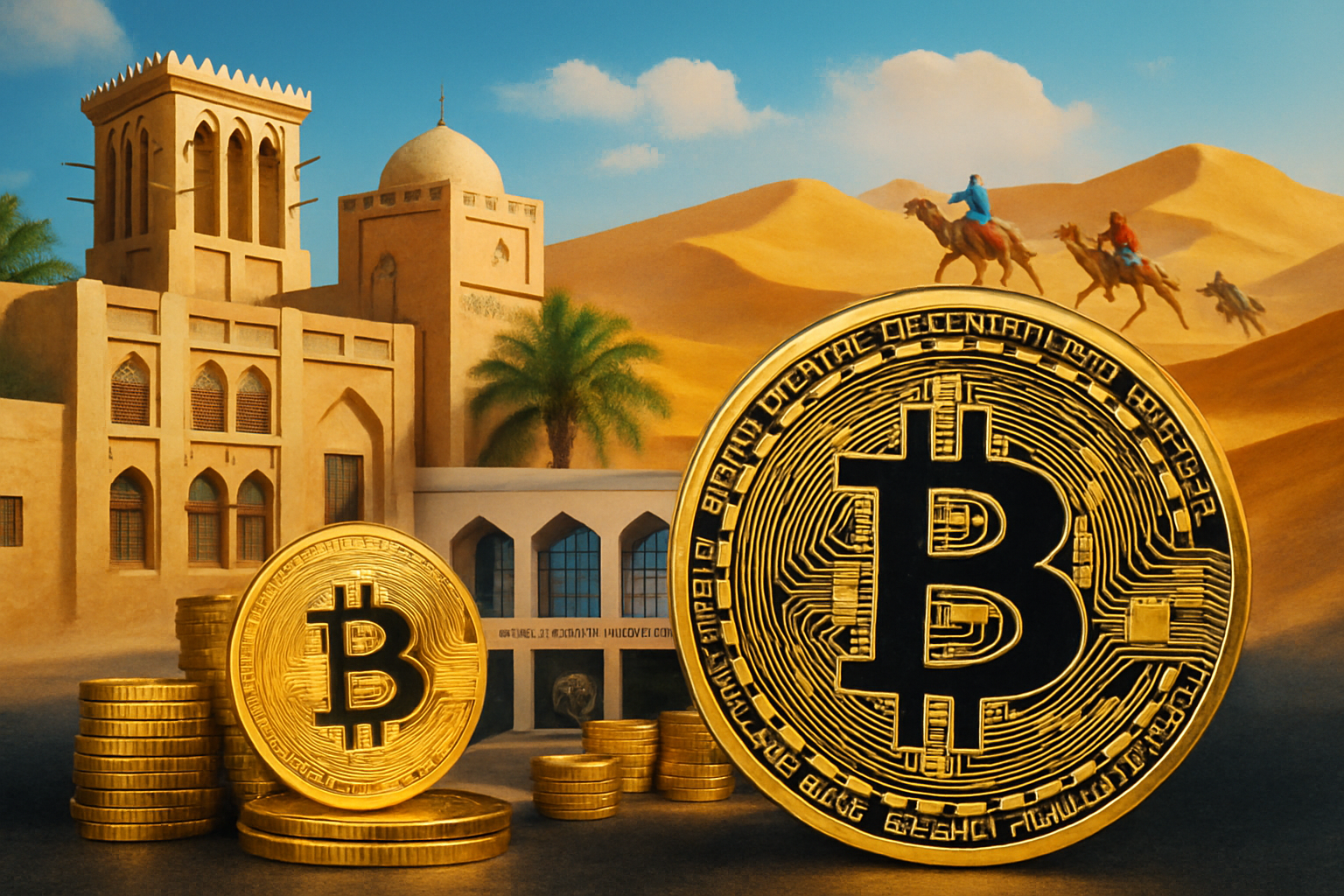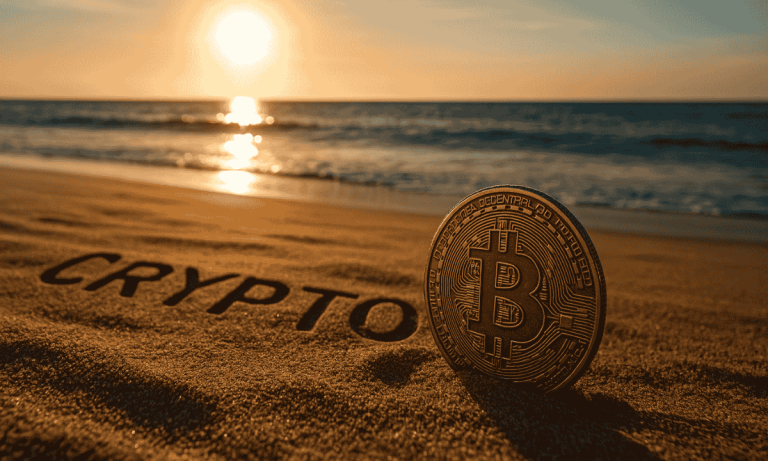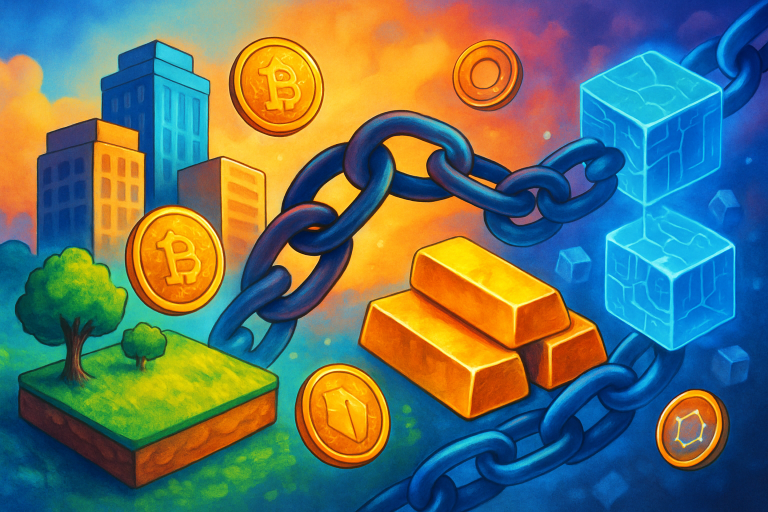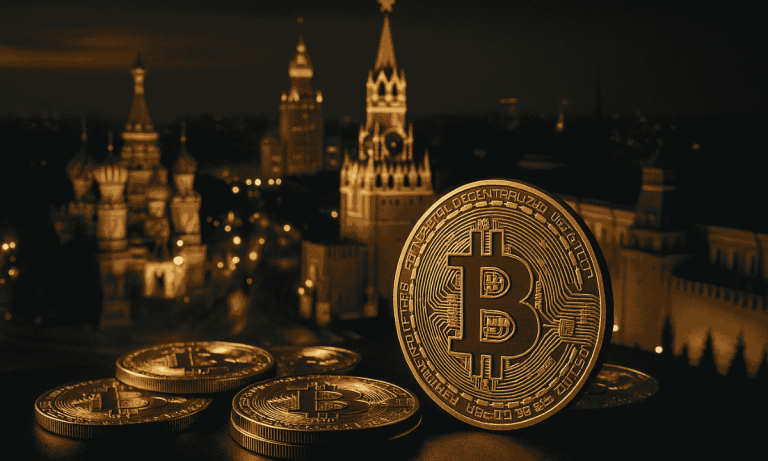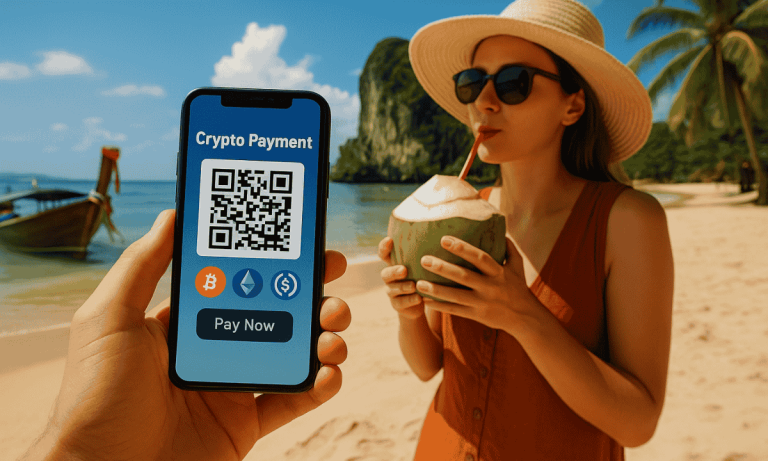The UAE just dropped a headline: $700 million in Bitcoin added to its national reserves. For a country swimming in oil money and sovereign funds, that figure barely scratches the surface. But the signal is clear—Bitcoin is no longer treated as a sideshow. It’s moving into the world of sovereign strategy.
Bitcoin Steps Into the Big Leagues
For years, governments brushed Bitcoin aside as speculation—too volatile, too messy, too tied to retail hype. Yet here we are, watching nation-states carve out slices of their reserves for digital assets.
Seven hundred million isn’t much compared to Abu Dhabi’s massive $800B sovereign fund, but that’s not the point. The move is about recognition. By putting Bitcoin next to dollars and gold, the UAE is saying: “this belongs in the portfolio.”
Why Countries Are Buying Bitcoin
So why are nations racing to buy BTC?
- Diversification: Nobody wants to lean too heavily on the U.S. dollar or euro forever. Bitcoin offers a hedge.
- Scarcity: Only 21 million coins will ever exist. For governments, scarcity is power.
- Borderless money: In a sanctions-heavy world, Bitcoin can move across borders without asking permission.
- Optics: Countries like the UAE thrive on reputation. Backing Bitcoin reinforces its pitch as a tech-forward, finance-savvy hub.
It’s not ideology—it’s pragmatism.
The New “Digital Gold” Narrative
This isn’t the first time we’ve seen states experiment. El Salvador went all in, even making Bitcoin legal tender. Bhutan quietly mined and stacked BTC without much fanfare. Rumors swirl around other emerging economies doing the same, albeit behind the curtain.
The comparison to gold is obvious. Bitcoin may swing wildly in price, but its capped supply makes it attractive in a world drowning in printed money. To some central bankers, the volatility looks less dangerous than being entirely exposed to fiat currencies.
Risk vs. Reward
Of course, holding Bitcoin as a nation isn’t risk-free. Prices can tank in days, dragging reserves with them. Politicians face criticism if billions of taxpayer funds evaporate on a market dip. That’s why most sovereign BTC buys, like the UAE’s, start small.
But the narrative is shifting. The bigger risk, some argue, is owning zero Bitcoin if it does become a recognized reserve asset. Missing out could prove costlier than weathering volatility.
A Global Race Begins
Zoom out, and the UAE’s $700M play looks less like a gamble and more like an entry ticket. Countries aren’t trying to outbid each other yet—but they don’t want to be late if Bitcoin cements itself as “digital gold.”
The UAE’s message is simple: it wants to be in the conversation. And as more governments quietly build their own stacks, the question isn’t whether nations will hold Bitcoin. It’s how much—and how fast they can get it before the supply runs dry.

